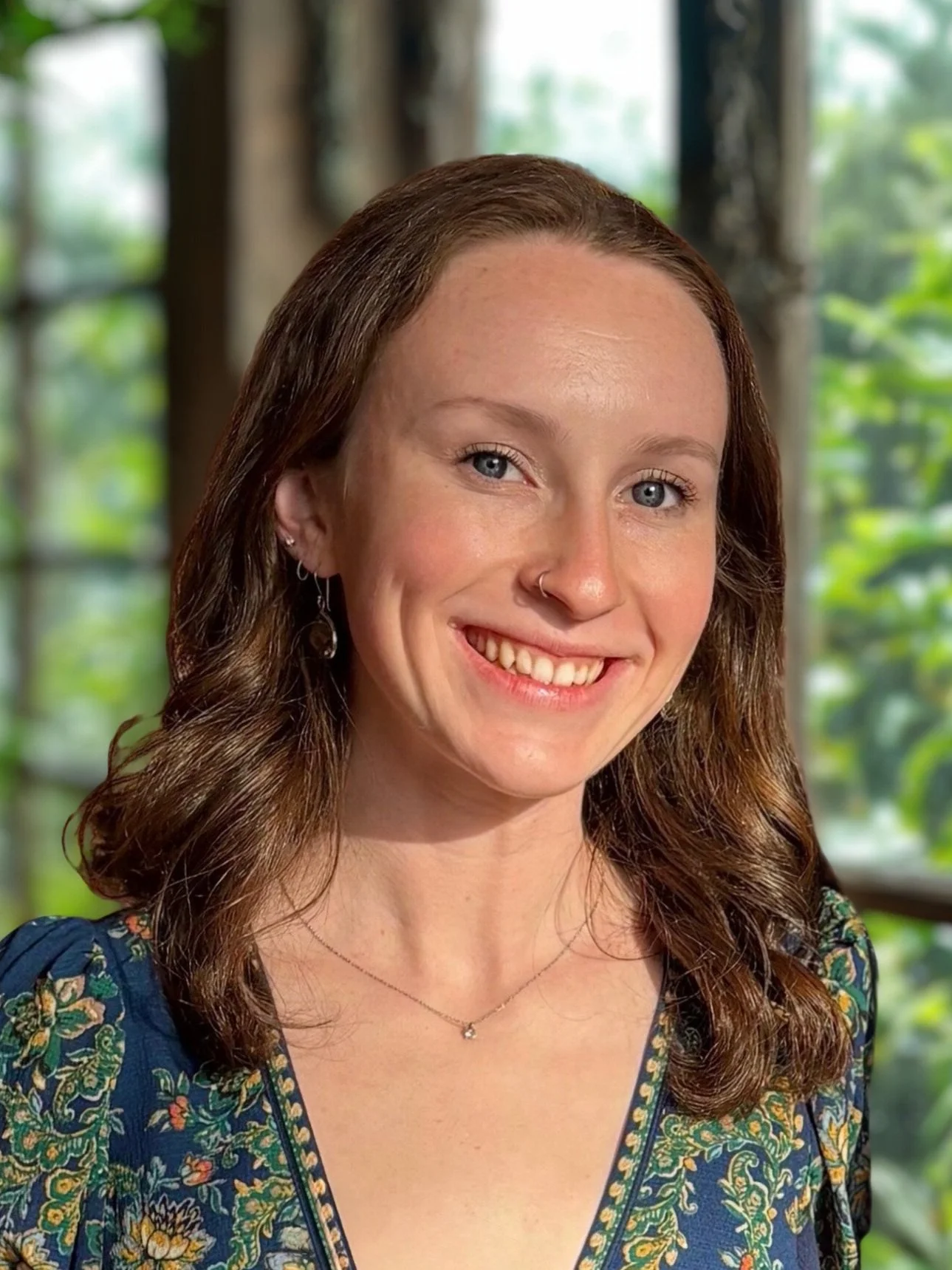Late Diagnosis? You’re Not Alone
More recently, adults, and more specifically women, have been receiving more diagnoses related to neurodivergence. Neurodivergence is an umbrella term that covers, but is not limited to: Autism, ADHD, OCD, dyslexia, auditory processing disorder, etc..
There are so many emotions that can come with receiving a late diagnosis:
Relief
Phew! It may have felt like this was years in the making(because it was), so now that pressure to get a diagnosis is finally lifted off of your shoulders.
Validation
You were not making all of this up in your head, and you deserve the support and care to continue to grow through this experience.
Grief
Denial, anger, bargaining, depression, and acceptance. All of these feelings are welcome to show up without judgement after receiving a late-diagnosis.
Comfort
There is a whole community of folks that have shared late-diagnosed experiences. There can be feelings of comfort and belongingness in these enlightening, yet unfortunate, paralleled journeys.
Getting a diagnosis is a big step. Processing the diagnosis can feel like an even bigger one. Reaching out to a therapist with expertise in working with neurodivergence can help you better understand how it can impact your self image, relationships, and work, putting you on a path toward resilience and growth.
Kate provides in-person and online sessions at our Rittenhouse location in Center City Philadelphia, and provides online services to clients throughout Pennsylvania. She is passionate about working with neurodivergent adults (ADHD, autism, OCD), including those diagnosed later in life.
Kate also works with college students and young adults related to anxiety, depression, self esteem, and relationship issues and career concerns.

